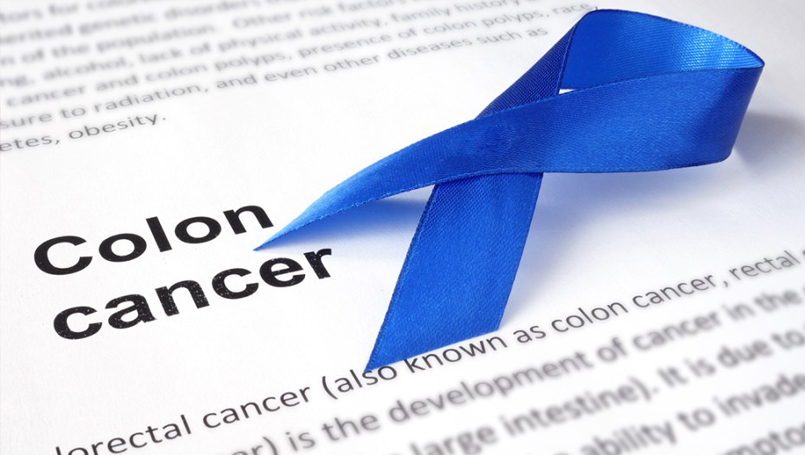 Colon cancer, or colorectal cancer, refers to cancer that occurs in the large intestines. It is different from most cancers because it can be largely preventable and beatable. In light of Colorectal Cancer Awareness Month, pay particular attention to these factors that may increase your risk, and should not go ignored.
Colon cancer, or colorectal cancer, refers to cancer that occurs in the large intestines. It is different from most cancers because it can be largely preventable and beatable. In light of Colorectal Cancer Awareness Month, pay particular attention to these factors that may increase your risk, and should not go ignored.“Because colorectal cancer is largely asymptomatic, knowing the risk factors is especially important,” said Harry Wasvary, M.D., director of Beaumont’s Colorectal Multidisciplinary Clinic. “The most common symptoms are none at all. You may not even be aware that something is wrong.”
DIET
Diets that are high in red meats and processed meats can raise your risk of developing colon cancer. Additionally, cooking meats at very high temperatures creates chemicals that might also raise your cancer risk.
WEIGHT
Lifestyle-related factors, including diet, weight and exercise, have been linked to colon cancer. If you are overweight or obese, your risk of developing colon cancer is increased. Being more active and having a diet high in vegetables, fruits and whole grains have been linked to a lower risk of colon cancer.
FAMILY HISTORY
People with a history of colon cancer in a first-degree relative (parent, sibling, or child) are at an increased risk of developing colon cancer. Family members with a history of adenomatous polyps, polyps that can become cancerous, are also linked to a higher risk of colon cancer.
“Your family history automatically puts you at higher risk, which should alert you to do the appropriate screenings,” added Dr. Wasvary.
DIGESTIVE DISORDERS
People with Crohn’s disease and ulcerative colitis are more likely to develop bowel cancer. It is recommended for people with Crohn’s or ulcerative colitis to get regular screenings for colon cancer.
SMOKING
Smoking is a well-known cause of lung cancer, but is also linked to other cancers, including colon cancer. People who have smoked for a long time are more likely than nonsmokers to develop colon cancer.
Colon cancer can be prevented with regular testing. If you are affected by these risk factors, consider getting screened to reduce the likelihood of developing colon cancer.
